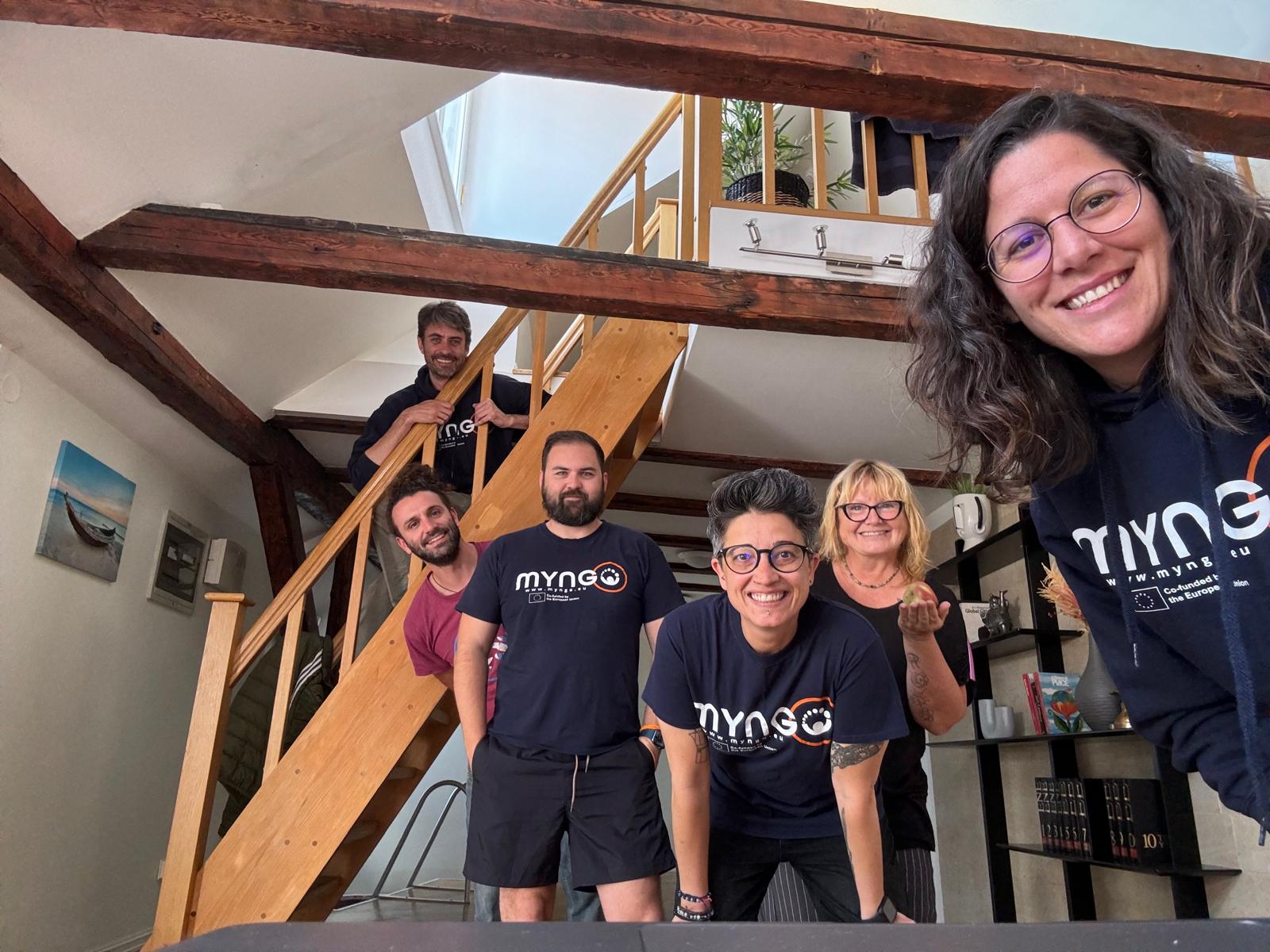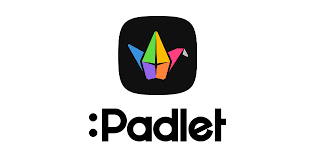In the rapidly evolving digital landscape, the role of youth workers in engaging and empowering young people is more crucial than ever. As technology becomes an integral part of everyday life, finding innovative and interactive methods to connect with youth is essential. One such method gaining popularity is the Online Escape Room, a virtual platform that combines entertainment, problem-solving, and teamwork. In this article, we will explore how an Online Escape Room can serve as a powerful methodology for youth workers to engage and inspire the younger generation.
Understanding Online Escape Rooms
Online Escape Rooms are virtual experiences that simulate the challenges of a physical escape room through a website or dedicated platform. Participants are presented with a fictional scenario, such as being trapped in a haunted mansion or solving a mystery, and must solve puzzles, find clues, and work together to escape within a specified time limit. The immersive nature of these experiences, combined with their collaborative elements, makes them ideal for engaging youth workers and their target audience.
Benefits of Online Escape Rooms for Youth Workers
1. Promoting Teamwork and Collaboration: Youth workers often aim to foster teamwork and collaboration among young people. Online Escape Rooms provide an excellent opportunity for participants to work together, combining their skills, knowledge, and problem-solving abilities to achieve a common goal. The shared experience of overcoming challenges can strengthen relationships, build trust, and enhance communication skills.
2. Enhancing Critical Thinking and Problem-Solving Skills: The puzzles and riddles in Online Escape Rooms require participants to think critically and strategically. By immersing young people in complex scenarios, youth workers can promote problem-solving skills, encourage creative thinking, and improve decision-making abilities. These transferable skills are invaluable for personal growth and future success.
3. Engaging Learning Experience: Youth workers strive to create engaging learning environments that captivate young minds. Online Escape Rooms provide an exciting and immersive experience that blends entertainment with educational elements. By incorporating relevant themes and topics into the puzzles and narratives, youth workers can spark curiosity, stimulate intellectual development, and make learning enjoyable.
4. Adaptable and Inclusive: Online Escape Rooms offer flexibility in terms of time, location, and group size, making them accessible to a wide range of young people. Youth workers can organize sessions tailored to specific interests, learning styles, or developmental needs, ensuring inclusivity and accommodating various participants’ abilities. The virtual nature of these experiences also allows for easy scalability, enabling youth workers to reach a larger audience.
5. Facilitating Personal and Social Development: Engaging in Online Escape Rooms can foster personal growth and social development among young people. The challenges encountered in these virtual environments encourage perseverance, resilience, and the ability to work under pressure. Additionally, the shared experience of solving puzzles and accomplishing goals can boost participants’ self-confidence, promote effective communication, and encourage leadership skills.
Implementing Online Escape Rooms in Youth Work
To effectively integrate Online Escape Rooms into youth work, consider the following steps:
1. Define Objectives: Clearly identify the goals and outcomes you wish to achieve through the Online Escape Room experience. Align them with your overall youth work objectives and tailor the content accordingly.
2. Choose Relevant Themes: Select themes and scenarios that resonate with the interests and concerns of young people. Incorporate educational elements, such as social issues or life skills, to enhance the learning experience.
3. Collaborate with Experts: Engage professionals experienced in game design or virtual experiences to develop challenging and immersive Online Escape Rooms. Their expertise can ensure the creation of captivating narratives and thought-provoking puzzles.
4. Facilitate Reflection and Discussion: Allocate time after the experience for participants to reflect on their learnings and discuss the problem-solving process. Encourage open dialogue, sharing of insights, and exploration of real-life applications of the skills acquired.
5. Evaluate and Improve: Regularly evaluate the effectiveness of the Online Escape Room methodology by gathering feedback from participants. Use this feedback to make necessary improvements and adapt future sessions to better meet the needs of youth.
Online Escape Rooms have emerged as an innovative and effective methodology for youth workers to engage and inspire young people. By leveraging the interactive and immersive nature of these virtual experiences, youth workers can promote teamwork, critical thinking, and personal development in an entertaining and inclusive way. As the digital landscape continues to evolve, embracing such methodologies will empower youth workers to create meaningful and impactful experiences for the younger generation.
Here are 2 example scenarios how are you can use online escape room in your work:
Example 1: Empowering Environmental Activism
Youth workers focused on environmental activism can utilize an Online Escape Room to engage young participants in critical thinking about sustainability and environmental issues. The theme of the escape room could revolve around a fictional scenario where participants must uncover clues to prevent an ecological disaster. Puzzles and challenges within the escape room can be designed to educate participants about renewable energy, recycling, and conservation. By successfully completing the escape room, participants not only develop problem-solving skills but also gain a deeper understanding of environmental challenges and potential solutions. This experience can inspire them to take action in their communities and become advocates for a sustainable future.
Example 2: Promoting Cultural Awareness and Inclusion
Youth workers focused on promoting cultural awareness and inclusion can create an Online Escape Room that celebrates diversity and fosters understanding among participants. The escape room’s narrative can be centered around a multicultural festival, where participants must solve puzzles related to various cultural traditions, history, and customs. By navigating through challenges that require cultural knowledge and collaboration, participants can develop empathy, appreciation for different cultures, and cross-cultural communication skills. The Online Escape Room can serve as a catalyst for open discussions about diversity, stereotypes, and the importance of inclusivity, encouraging participants to become agents of positive change in their communities.
Check out these online platforms for some inspiration :
1. Breakout EDU (https://www.breakoutedu.com/)
Breakout EDU is a popular online escape room platform designed specifically for educational purposes. It offers a wide range of pre-designed digital escape room experiences suitable for various age groups and educational settings. The platform provides immersive and interactive challenges that encourage critical thinking, problem-solving, collaboration, and creativity. Breakout EDU also allows educators and youth workers to create their own customized escape room experiences using the platform’s tools and resources. With a focus on educational objectives, Breakout EDU is a valuable resource for engaging youth in meaningful and enriching escape room experiences.
2. Escape Room in a Box (https://escaperoominabox.com/)
Escape Room in a Box provides a unique offline and online hybrid experience. The platform offers physical escape room kits that include puzzles, clues, and props, along with an online component for tracking progress and accessing digital content. This approach allows youth workers to create a hands-on escape room experience that combines tangible elements with digital integration. Escape Room in a Box offers various themes and difficulty levels, making it suitable for different age groups and interests. The platform also provides additional resources and guidance for customizing and enhancing the escape room experience.
It’s important to note that there are several online escape room platforms available, each with its own features and strengths. Youth workers should explore and evaluate different platforms to find the one that best aligns with their objectives, target audience, and available resources.






